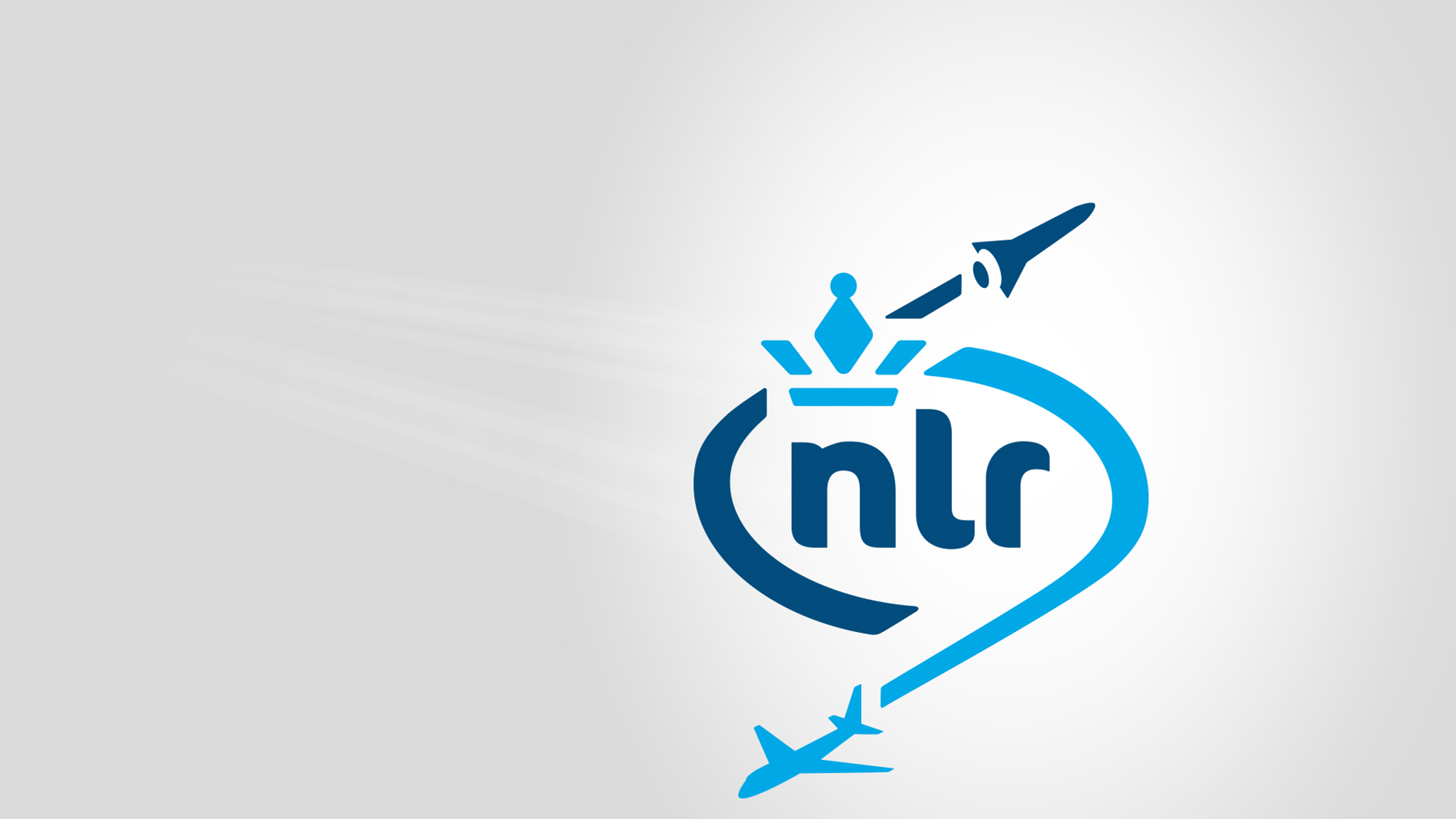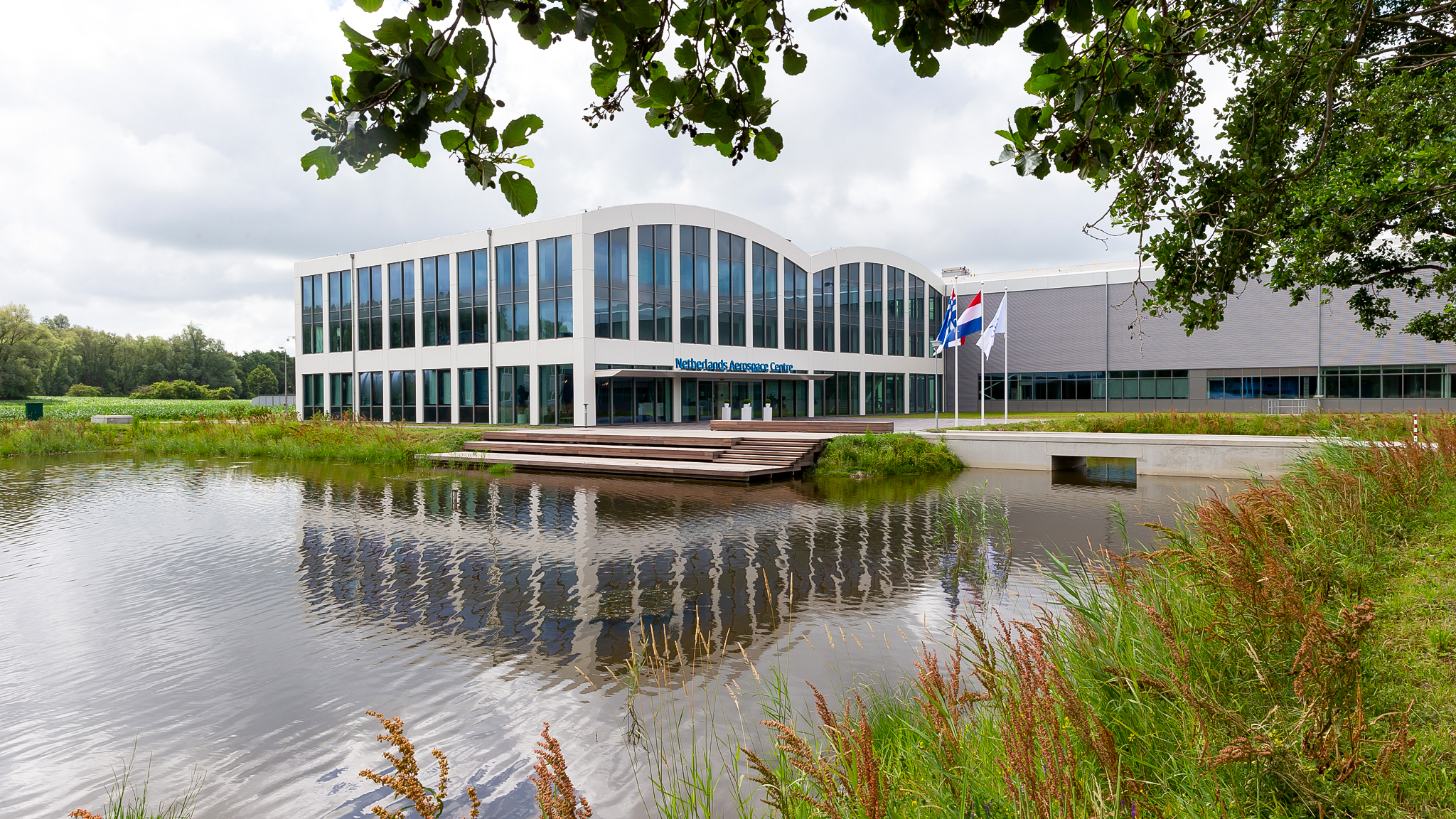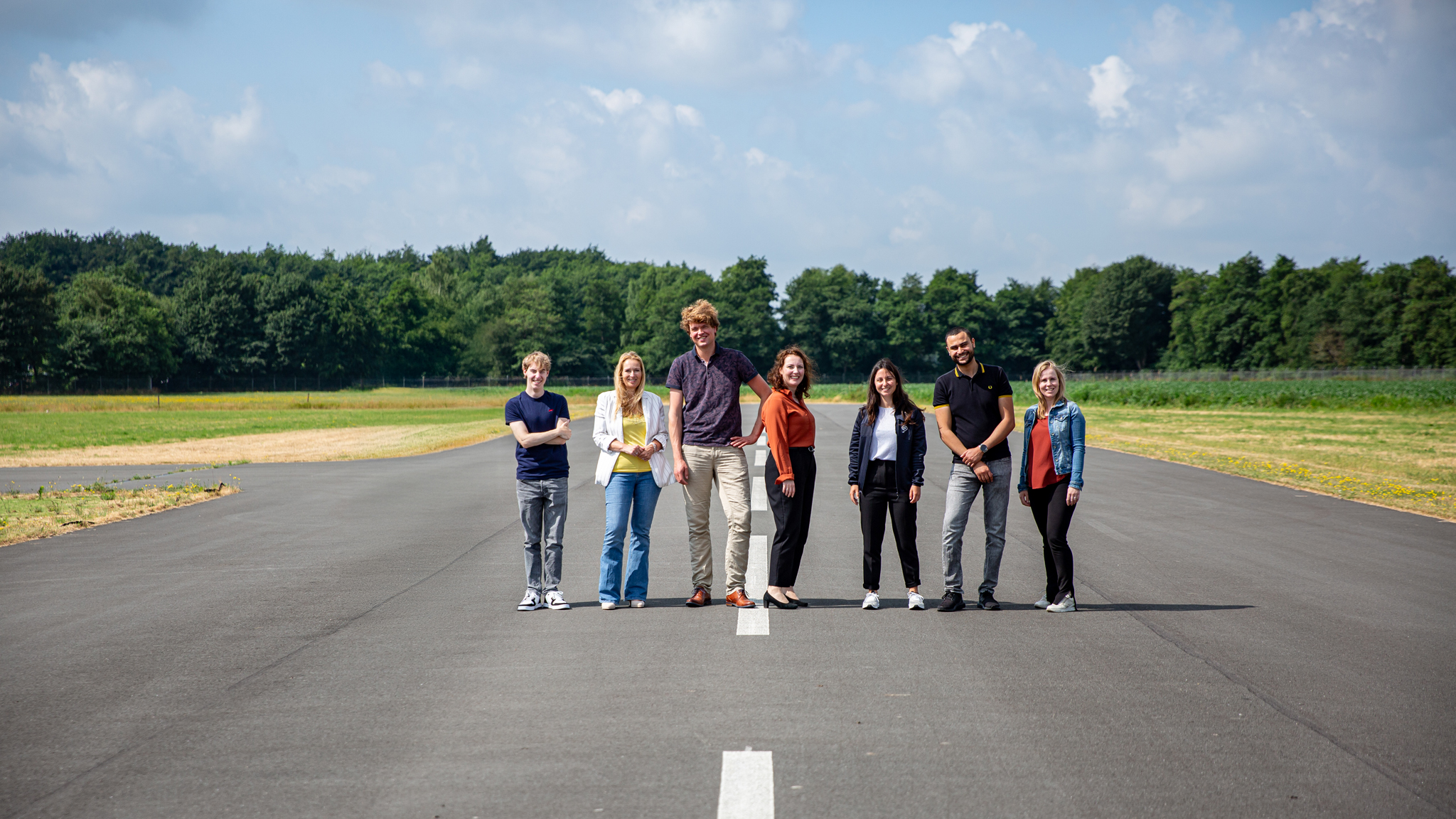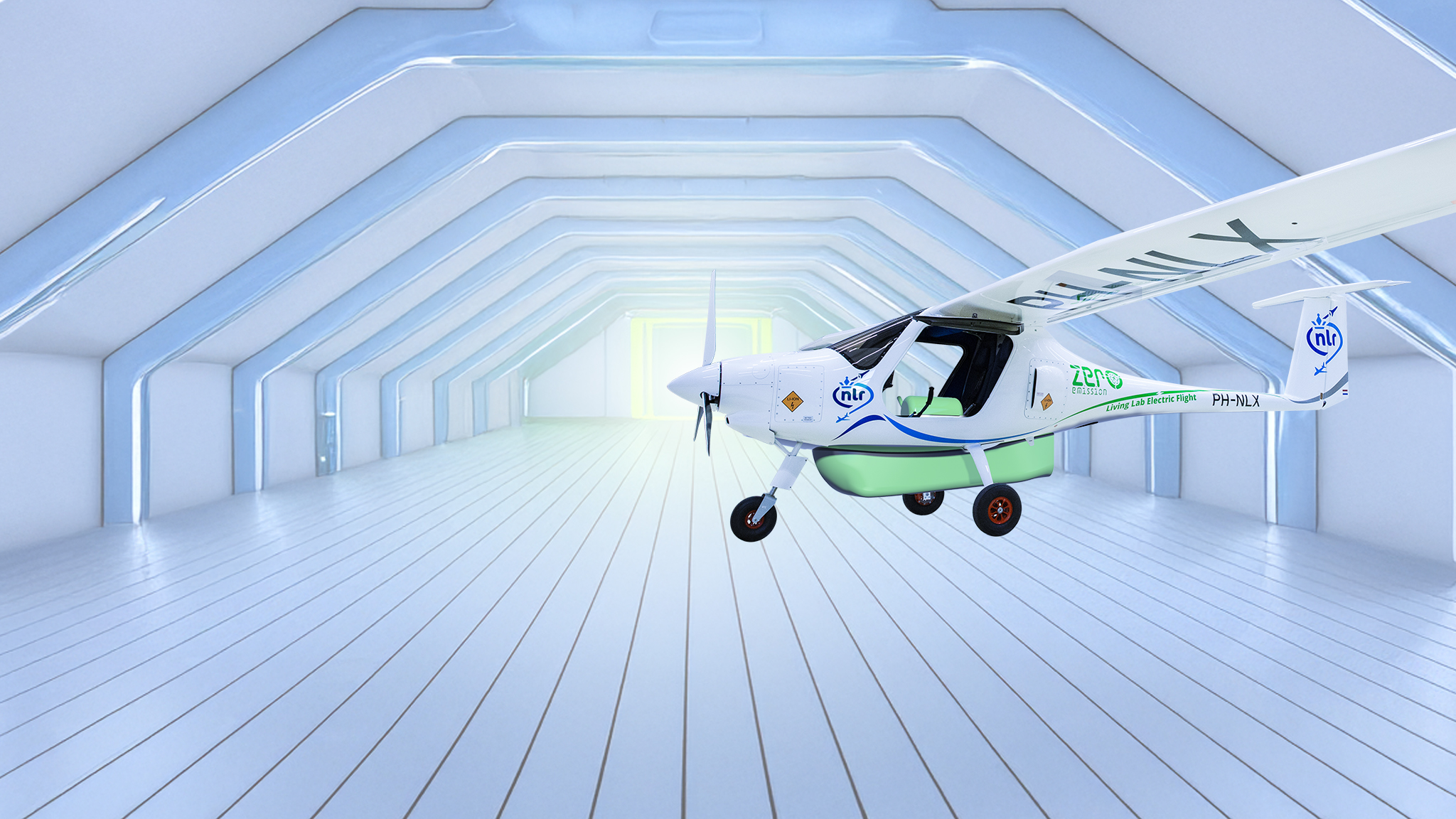“NLR has been a strong brand for 100 years”, says the Kings Commissioner. “NLR is the first and only research centre that focuses entirely on sustainable, efficient and safe aerospace in the Netherlands. I am delighted to be able to provide your centenary with a festive and prestigious predicate.”
Michel Peters, NLR’s CEO: “We are extremely proud that we can add ‘Royal’ to our name as of now. It is an appropriate recognition of the work of our employees. Their knowledge and expertise are and remain the driving force behind pioneering innovations. The Royal predicate is also a stimulus for the future and strengthens NLR and our employees in our ambition to make aerospace more sustainable. This is a huge challenge and requires accelerated innovation and more intensive collaboration. Our goal is zero-emission flight in 2070. We are determined to collaborate with the sector and beyond in every way possible to achieve this. In addition to the normal evolutionary process, achieving this objective will require NLR to devise revolutionary and outside-the-box solutions. And that is exactly what we will do.”
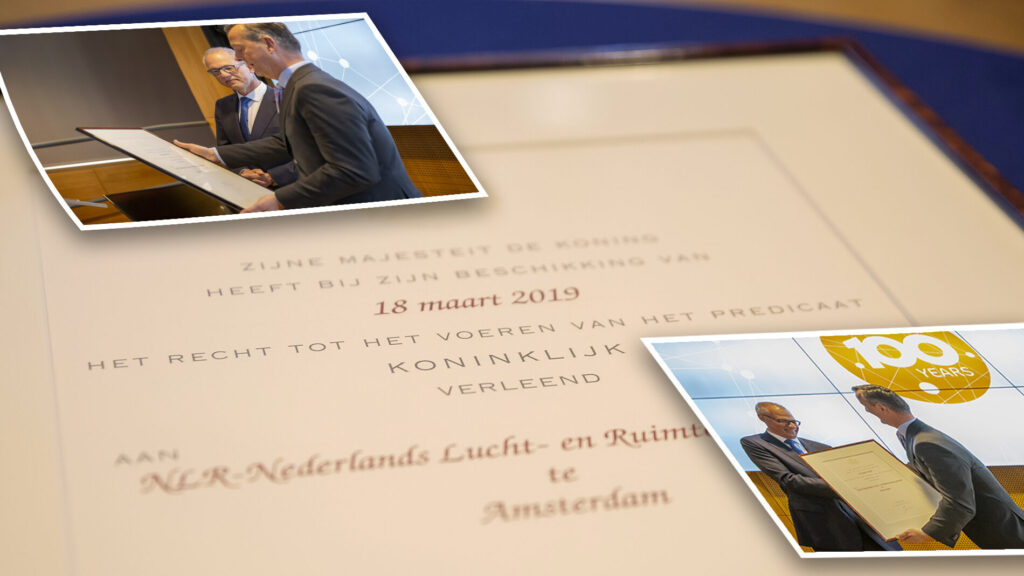
Milestones
For the past 100 years, NLR has operated as an ambitious knowledge organisation for applied research with a deep-rooted commitment to continuous innovation. NLR’s knowledge and expertise makes it one of the driving forces in the aerospace sector in the Netherlands and it is also a household name internationally. For example, NLR was the first organisation to develop air brakes in 1921. These control surfaces are used to brake an aircraft (a Fokker F.II at the time) to a faster stop after the landing.
In 1962, NLR developed the first digital recorder and applied it in KLM’s DC-8. The loads exerted on the aircraft were measured in flight and the digital recorder stored the data in real time.
The world’s first infrared astronomical satellite, IRAS, was launched in 1983. The satellite, weighing over 1000 kg, was designed to explore the entire sky in just six months. NLR developed this satellite in collaboration with Dutch partners such as Fokker.
In 2012, NLR delivered within the European Clean Sky programme the most advanced wind tunnel model ever in the world for a tilt-rotor, a combination of helicopter and aeroplane. Clean Sky is the largest European research programme developing innovative, cutting-edge technology aimed at reducing CO2, gas emissions and noise levels produced by aircraft.
You can read more about these and other milestones on NLR’s centennial website.
About Royal Netherlands Aerospace Centre (NLR)
After the First World War, the Netherlands had fallen behind in military aviation. To remedy this situation, the Rijks-Studiedienst voor de Luchtvaart (RSL), the predecessor of NLR, was established on 5 April 1919. As time passed, the organisation’s activities, which originally focused on knowledge and regulations for military aviation, expanded to include civil aviation and space. NLR’s work now covers the full spectrum of Research, Development, Test & Evaluation (RDT&E). Companies and governments can turn to NLR for activities in the area of validation, verification, qualification, simulation and evaluation.
The NLR of today is the knowledge organisation for applied research in the field of aerospace and the connecting link between science, industry and government in The Netherlands and abroad. Through the use of assets such as the knowledge and skills of its employees and its research infrastructure, Royal NLR works continuously to make aviation and aerospace more sustainable, safer, more efficient and more effective. NLR employs 630 people at its sites in Amsterdam, Marknesse, Schiphol and Noordwijk.
